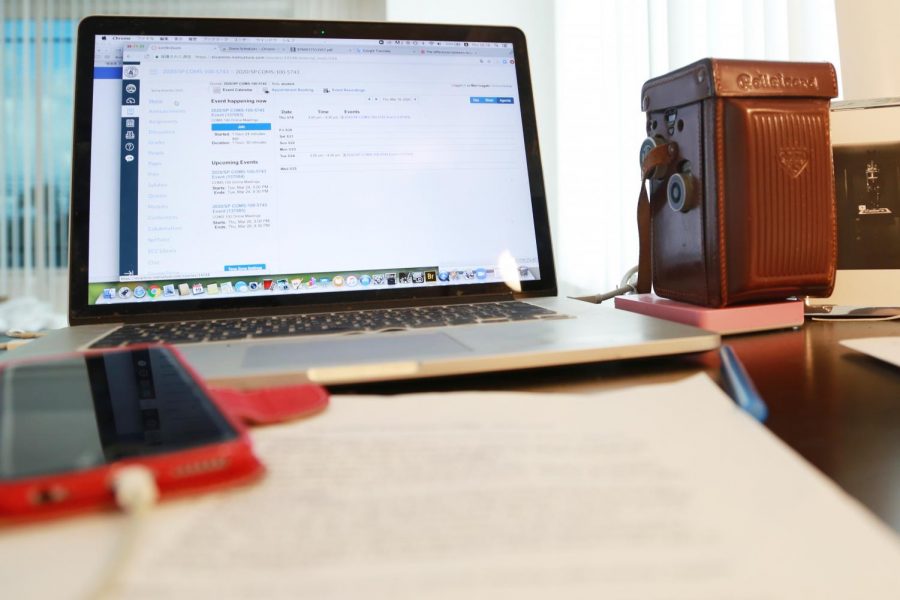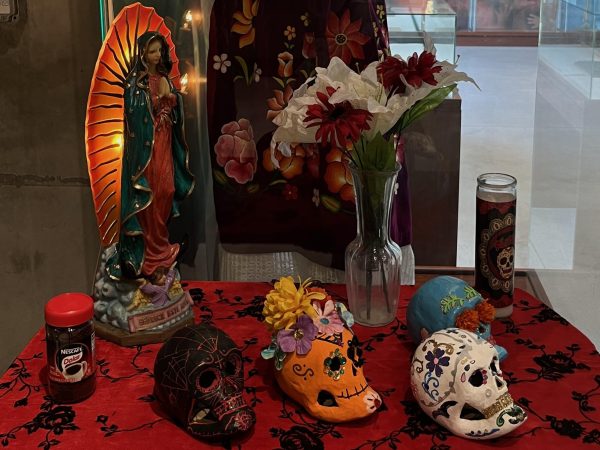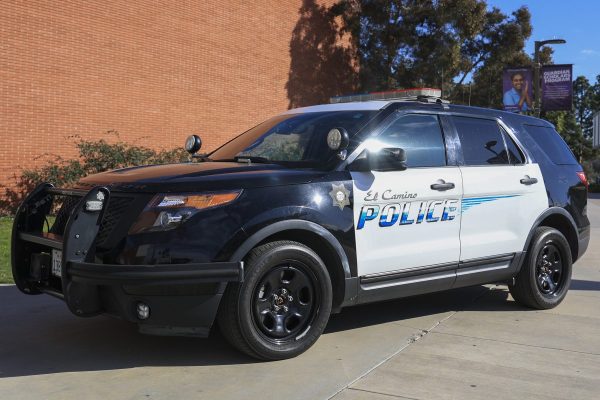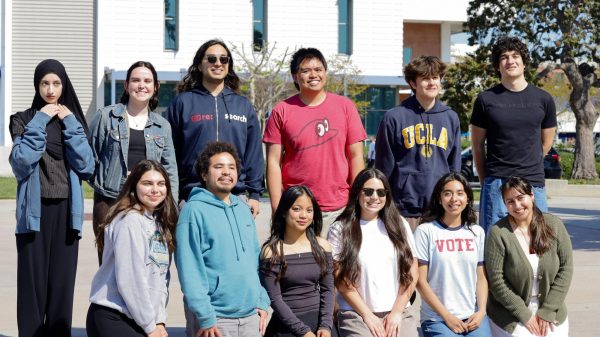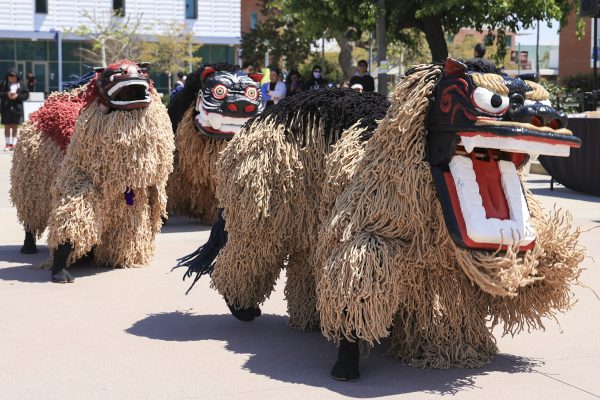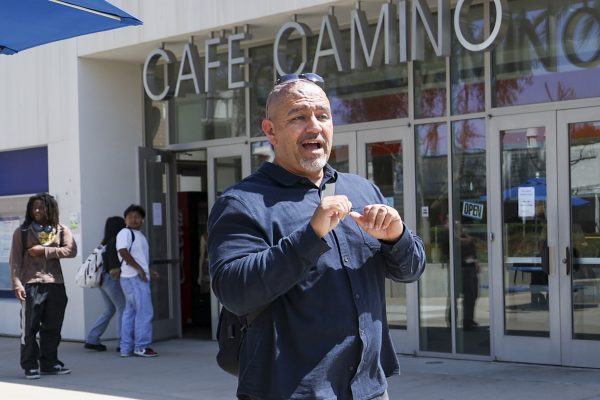Classes to continue online for fall semester, with tentative plans to transition to face-to-face for the second half
Classes at El Camino College will continue online for the fall semester in compliance with COVID-19 restrictions, with tentative plans for some courses to transition back to face-to-face in the second half, officials said.
“Summer and fall schedules are so tough, we were hoping we’d be able to be back in place by summer and fall and that doesn’t look to be the case, so we’re going to plan accordingly,” Vice President of Academic Affairs Jean Shankweiler said.
In an effort to help students with the online shift and make enrollment simpler, officials announced during the latest Academic Senate Meeting on Tuesday, May 5, that they will be working on adjusting class schedules.
Distinctions between online asynchronous, typical online classes where students don’t have to meet at a certain time, and online synchronous, classes that follow a schedule, will be made on the online schedule for students when they sign up.
“If it’s synchronous we need to get that in the schedule,” Shankweiler said as the current class schedules are “woefully out of date by now.”
Shankweiler added that there are plans to have Marketing and Communications only publish the portion of the class catalogs that concerns the fees, calendar and board policies.
Meanwhile, the actual schedule for classes will be found online using the search feature.
“We’re going to direct students to the searchable or to the schedule builder to look for classes and we need to encourage them to be looking at the notes so they know whether it is online or not,” Shankweiler said.
The Academic Affairs program will try to eliminate the searchable option and location codes so everything shows up in one schedule.
Academic Affairs will also try to transition courses that are difficult to do when they’re not face-to-face. Shankweiler said she plans to talk to faculty deans to “figure out a way to social distance.”
One possibility is to have a very small number of classes at the beginning of the semester and scheduling the second eight weeks to hopefully be face-to-face, Shankweiler said.
“We’re going to need to be nimble, because we don’t know what happens if there is a second wave of cases in the middle of the term,” Shankweiler said. “Well now we have practice, so we can retreat back online if we need to.”
ECC Counselor Seranda Bray said that a hybrid course option may be confusing for students, and that there may be “students who don’t feel comfortable coming back in person.”
Courses where there are dates and times would be the ones that would possibly transition to face-to-face, and so students would be warned about those and could look for one completely online instead, Shankweiler said.
Faculty deans are sending out surveys to see how professors would like to handle distance education next semester, Academic Senate President Darcie McClelland said.
Vice President of Academic Technology Pete Marcoux who is on the committee tasked with getting the word out on how classes will be conducted during the summer and fall said his team is currently tackling how to handle classes requiring hardware or software as it adds another level of complexity for students.
“If we’re teaching those classes in the summer and in the fall, and we’re meeting online in the fall, we need to let the students know when they’re registering for that class that certain hardware and certain software is required,” Marcoux said.


